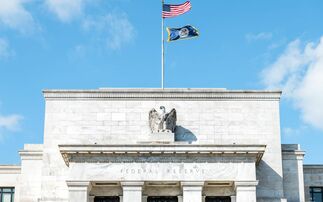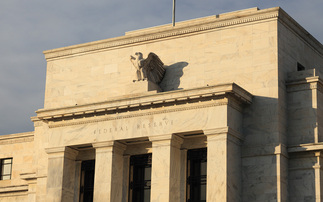US tax reform - which reduces corporate tax rates and also allows companies to repatriate cash for distribution to shareholders or business reinvestment - should lead to an economic growth acceleration and improved corporate earnings.
Tax reform's first-order impact has been for companies with high effective tax rates to outperform those with lower effective tax rates, an event largely (but not entirely) reflected in the market. However, the second-order effects will be longer lived. Companies with pricing power and sustainable competitive advantages should be able to retain benefits from lower tax rates longer. Other secondary effects will include a stronger US economy and increased M&A activity with the resolution of tax uncertainty. Financials, particularly domestically-oriented large and regional banks, typ...
To continue reading this article...
Join Investment Week for free
- Unlimited access to real-time news, analysis and opinion from the investment industry, including the Sustainable Hub covering fund news from the ESG space
- Get ahead of regulatory and technological changes affecting fund management
- Important and breaking news stories selected by the editors delivered straight to your inbox each day
- Weekly members-only newsletter with exclusive opinion pieces from leading industry experts
- Be the first to hear about our extensive events schedule and awards programmes







